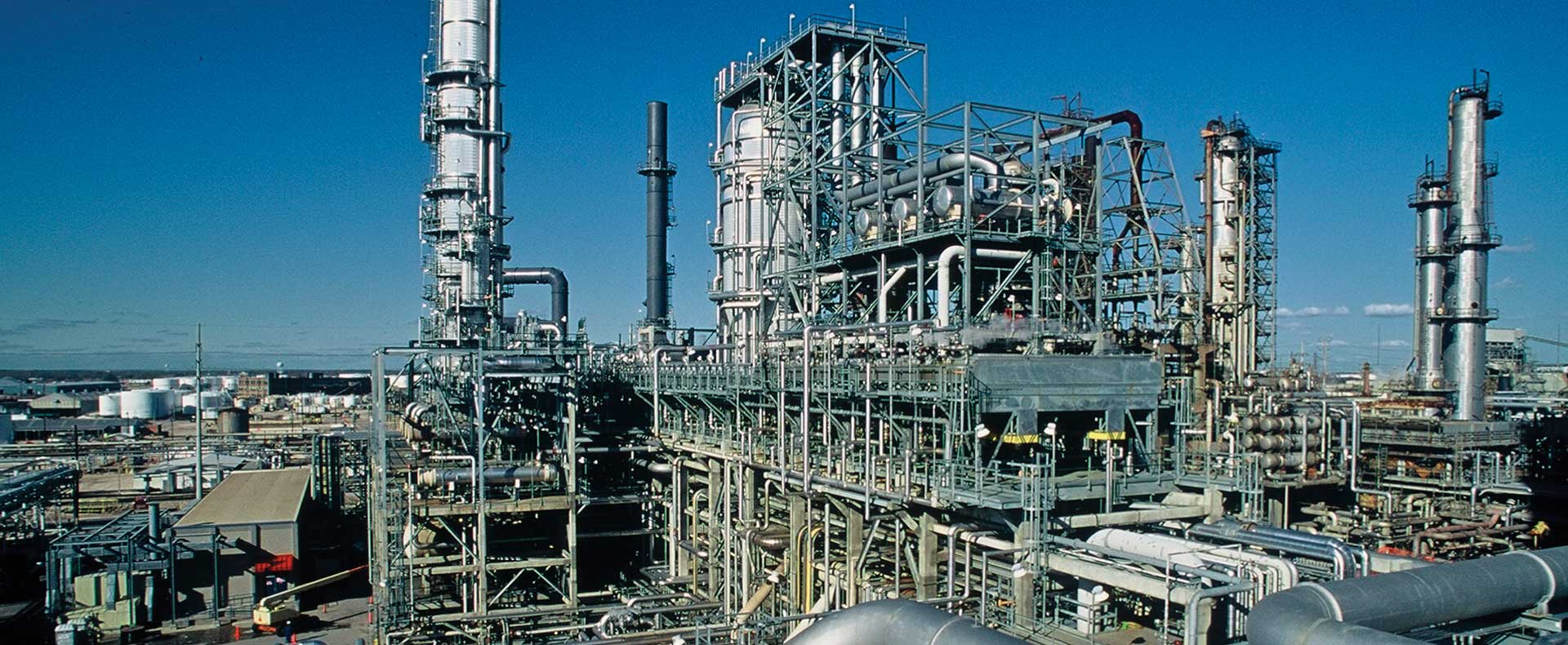
Federal High Court in Lagos yesterday remanded four directors of Petro Union Oil and Gas Limited in custody of the Economic and Financial Crimes Commission (EFCC).
This followed their arraignment for alleged £2.556 billion scam.
The directors are: Abayomi Kukoyi (Trading under the name and style of Gladstone Kukoyi & Associates), Prince Kingsley Okpala, Prince Chidi Okpalaeze and Prince Emmanuel Okpalaeze.
They were accused of, among others, forging a Barclays Bank cheque and attempting to use it to obtain £2.556 billion from the Central Bank of Nigeria (CBN) in three fake refineries scam.
Each defendant pleaded not guilty.
EFCC counsel Rotimi Jacobs (SAN) prayed the court to remand the men in Nigerian Correctional Services custody, pending trial.
But the defendants, through their counsel Olasubomi Adegbemisoye and Bashir Ramon, informed the court that they would apply for bail.
They persuaded the judge to remand them in the anti-graft agency’s custody, on grounds of ill health and better accessibility to their lawyers.
Justice Liman upheld their prayers and adjourned till February 19 to hear their bail applications.
The defendants are standing trial on a seven-count charge of forgery, uttering and attempt to obtain money by false pretence
The EFCC alleged that the four directors and the oil firm and as well as Prince Isaac Okpala (now deceased) committed the offences between 1994 and 2007.
The court heard that they fraudulently procured a Barclays Bank cheque of £2.556 billio under the pretext that they wanted to build three petrochemical refinery complexes in Nigeria.
They were also accused to have, in April 2007, forged a statement of account containing £2,159,221,313.54 billion in the name of Goldmatic Limited, purportedly issued by the CBN.
The four directors were also accused of altering a bank cheque of December 29, 1994, of £2.556 billion, made payable to Gladstone Kukoyi & Associates, to build the refineries.
Jacobs said the offences were contrary to and punishable under sections 1(2), 1(2)(a) of the Miscellaneous Offences Act, 1990.
They also contravened sections 509, 467(2)(I) and 468 of the Criminal Code Act, 2004, the lawyer added.
